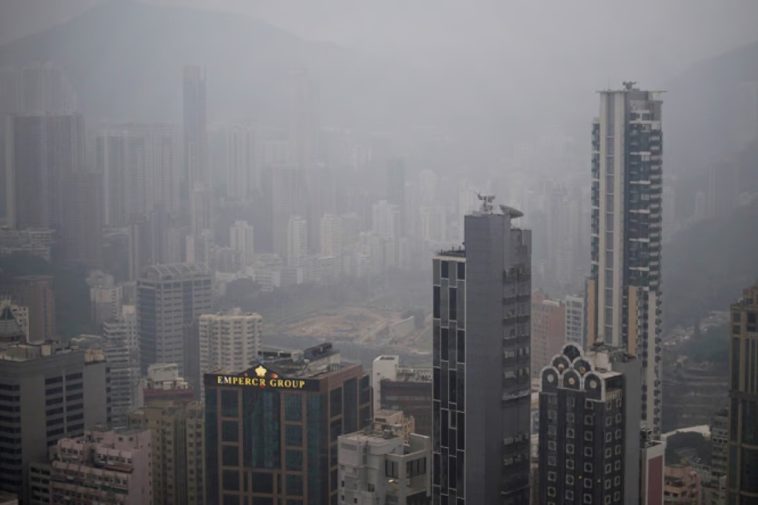When you breathe in particulate matter, nitrogen oxides, sulfur dioxide, and other pollutants, you may be said to be breathing dirty air.
Pollution that is most prevalent in the U.S. is particle and ozone pollution. These pollutants can come from various sources, including power plants, factories, vehicles, and wildfires.
Following is a list of health effects of breathing dirty air:
Contents
Premature Death
Science suggests that short-term and long-term exposure to a city’s low air quality index history might shorten life expectancy and result in premature death.
Asthma Attacks
Exposure to ozone or particle pollution can exacerbate asthma attacks, leading to E.R. visits, hospital admissions, missed work or class, and other consequences.
Cardiovascular Disease
Both heart attacks & strokes are caused more by air pollution.
Lung cancer
In 2013, the World Health Organization found that increased particle pollution can lead to lung cancer, the main reason for cancer-related death in the U.S.
Developmental harm
Children exposed to air pollution may experience slowed or stunted lung development, which could negatively impact their health and adult lung function.
Infection susceptibility
Air pollution raises the risk of lung infections, particularly in young children.
Read More: 5 Ways for Achieving Your Goals Through Healthy Habits
Worsened COPD symptoms
Individuals experiencing chronic obstructive pulmonary disease (COPD) may find it more difficult to breathe when exposed to air pollution. Severe symptoms may necessitate hospitalization or even result in death.
Lung tissue inflammation and swelling
Those with healthy lungs can experience these conditions. These consequences can damage people with chronic lung conditions like asthma and COPD.
Low birth weight
According to specific research, air pollution exposure may raise the risk of low birth weight or infant mortality.
Read More: How Strenuous Exercise can Lead to Better Health.h



